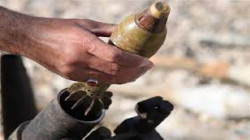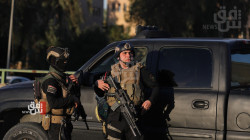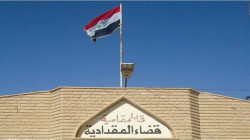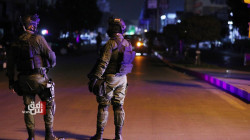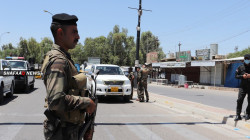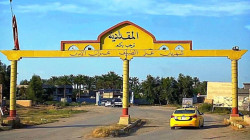The Spectre of Terrorism looms over Iraq's liberated governorates
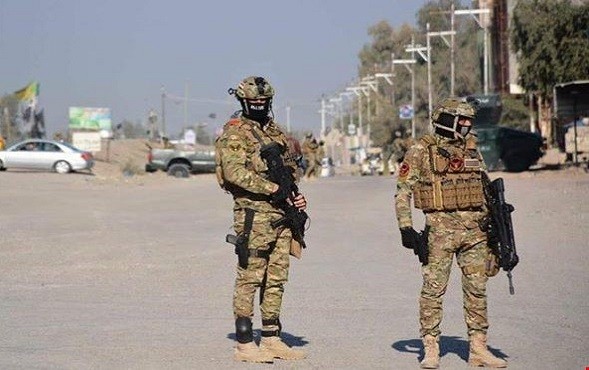
Shafaq News / Amid an already-tense political exchange, the recent security lapse in Diyala and its subsequent repercussions on the security scene has awakened dormant fears the people of the governorate have never entirely recovered from.
At a time many security sources raise concerns about potential terrorist incursions in the liberated territories; Iraqi security authorities disregard any scenarios in which the events of al-Miqdadiyah might recur in other governorates.
On October 26, an ISIS attack, preceded by rainfall of mortar shells, killed and injured more than 20 persons in al-Miqdadiyah district.
Less than 24 hours after the attack, Shiite gunmen attacked residents of a Sunni village in Diyala, killing eight people and burning houses and orchards into ashes in "retaliation" for the massacre committed by ISIS against their fellow people.
"What happened in al-Miqdadiyah district in Diyala was a terrorist attack, indeed...The security forces, however, continue to target and hunt terrorists daily. Without those great efforts, terrorist operations had occurred more often, especially after their leaders were killed or arrested," said Maj. Gen. Tahsin al-Khafaji, spokesperson for the Joint Operations Command, in an interview with Shafaq News agency.
"Similar to how we have been able to safeguard the election process, we are working on the post-election security," he continued, "the security forces are now working hard to prevent ISIS from exploiting any security vulnerability. What the members of the terrorist organization believe is that they may raise security concerns among civilians, but they are delusional."
"Baiji is one of the most stable districts in Saladin governorate. Breaches occur at the outskirts of the district because some terrorist groups still shelter there, especially in the Makhoul Mountains. From time to time, they attempt to approach the security forces, but all their attempts have failed," said Mohammed Mahmoud, the administrator of Baiji district.
"Terrorist militants are stationed in the Makhul Mountains and the woodlands overlooking the Tigris River. A few days ago, they managed to wound several residents and kill others," Mahmoud told Shafaq News agency.
"The security situation in al-Anbar has been entirely under control recently; most notably in the western territory of the governorate thanks to the good cooperation amongst the security agencies," al-Anbar police Chief Hadi Razij Kassar stated, "enhancing the security forces in the desert areas can only be achieved by deploying additional troops and advanced technology that aids in pursuing and arresting the terrorists."
He continued, "To eradicate ISIS, we need more government support to equip all the security personnel, whether the army or police, and reinforce the units stationed on the Syrian border to prevent the influx of terrorist militants into Iraq."
"The security situation is contingent upon the political situation in the country," said Maj. Gen. Tarek al-Asal, a security expert, "I do not think it could amount to security breaches and killings, such as in al-Miqdadiyah district, or other terrorist operations in different parts of the country."
"ISIS is still active in several locations. It is concentrated in Diyala, al-Anbar, Saladin, and other governorates," al-Asal told Shafaq News agency, "The Iraqi-Syrian borders are unregulated. The situation might spiral into a disaster if they remain like this."
"ISIS is carrying out its operations to show that it is still there and that it is capable of exploiting the security gaps," he added, "our security sector exists and performs its duties as they should. However, security breaches continue to occur, indicating a weak intelligence. What we lack is an intelligence service capable of detecting the security breach before it occurs."
"To eliminate ISIS once and for all, security measures must change and modern technology, such as drones, must be deployed to hunt terrorists. Intelligence effort must be bolstered to help capture ISIS militants both inside and outside the country," al-Asal stated.
